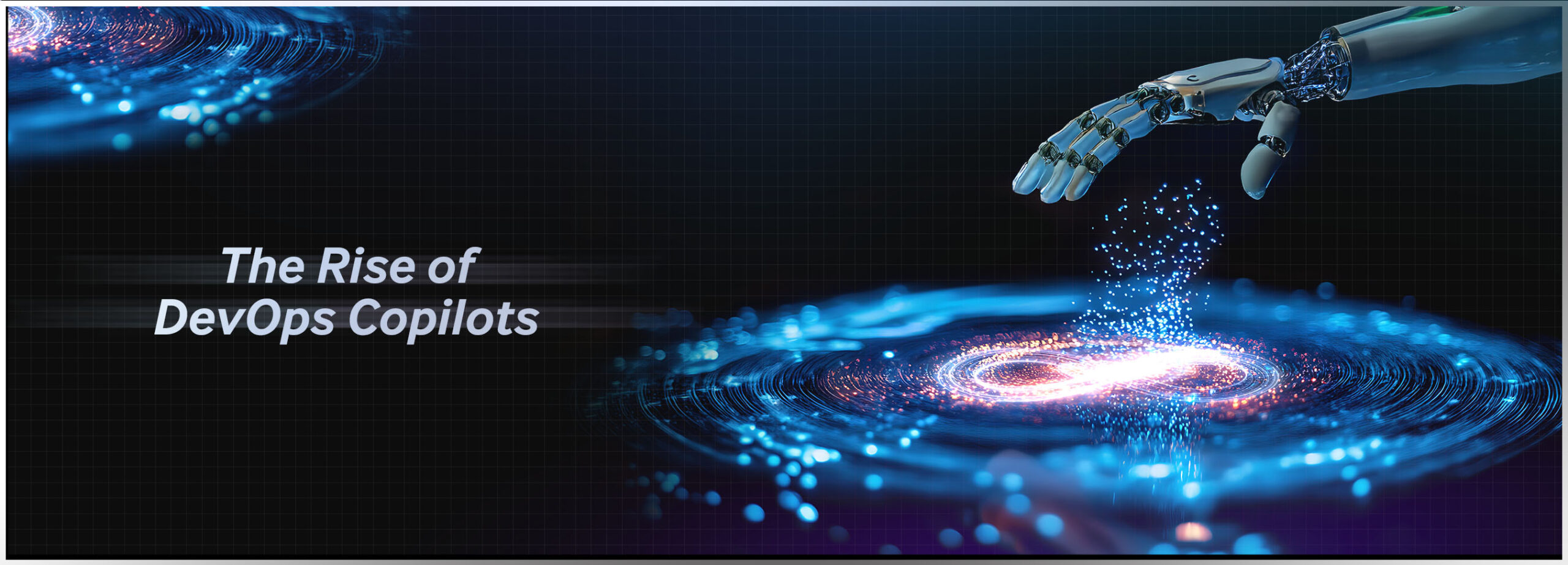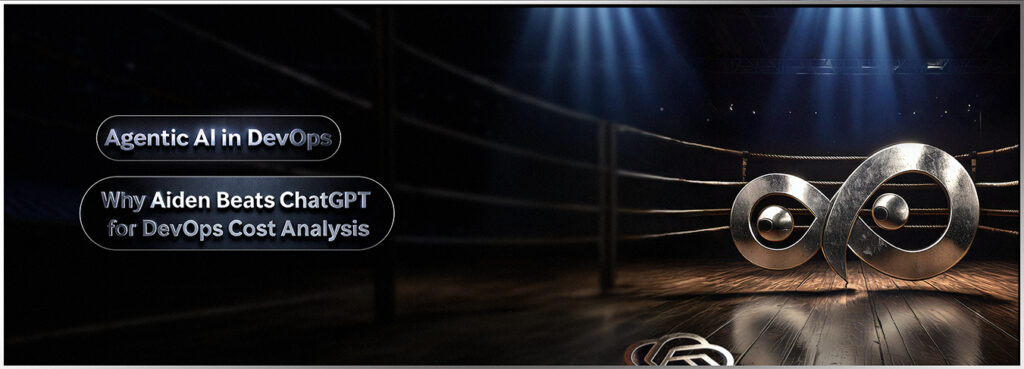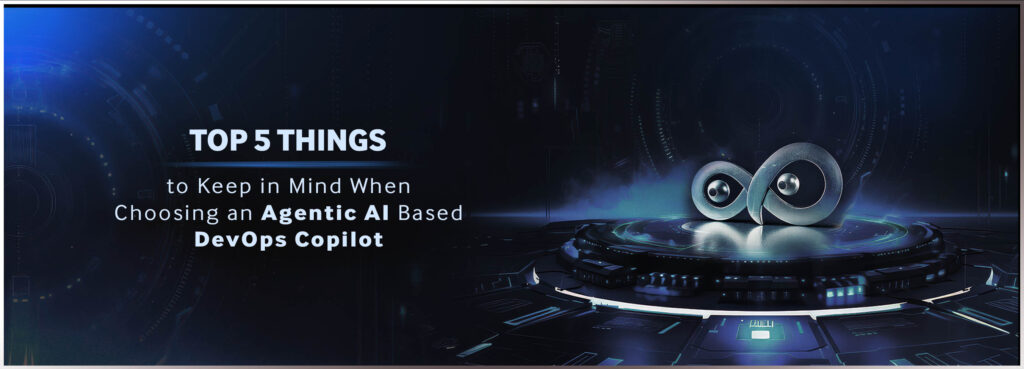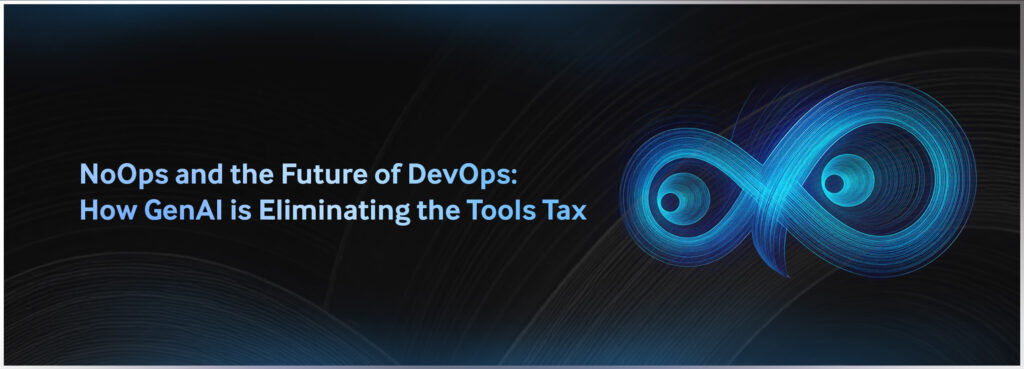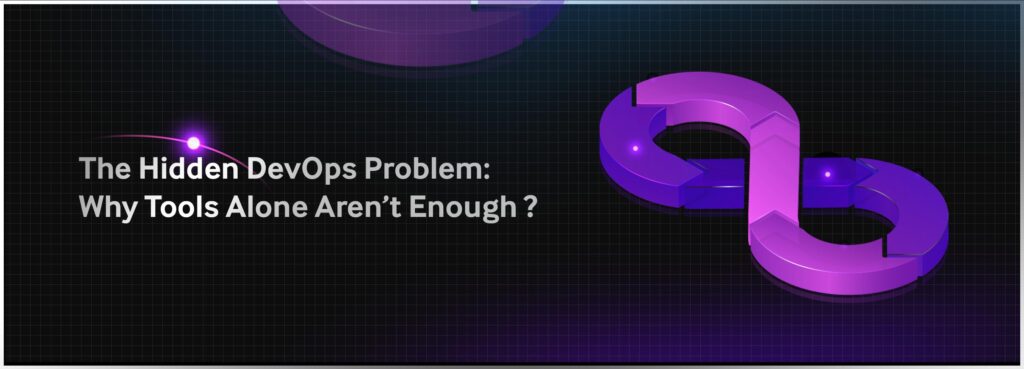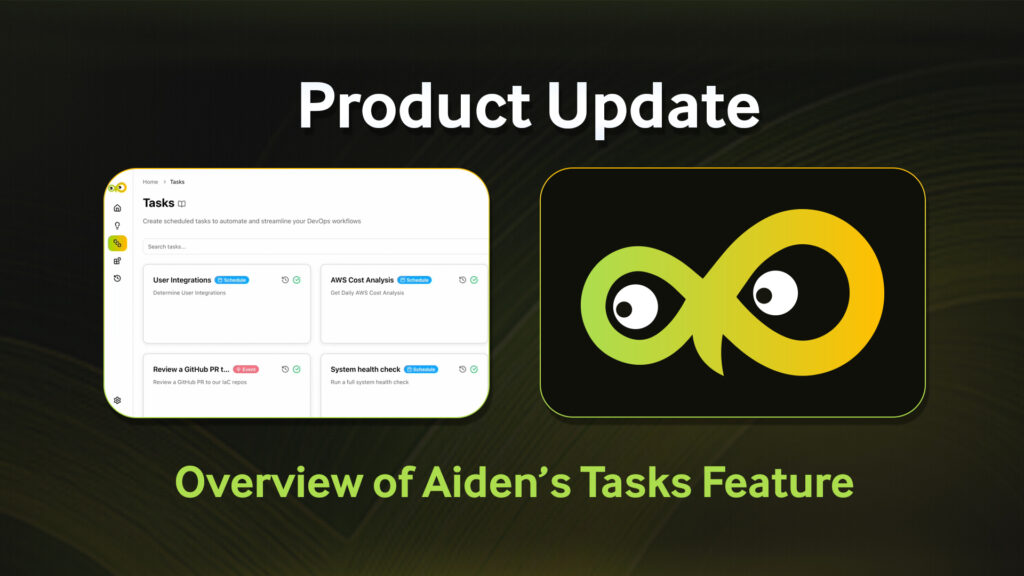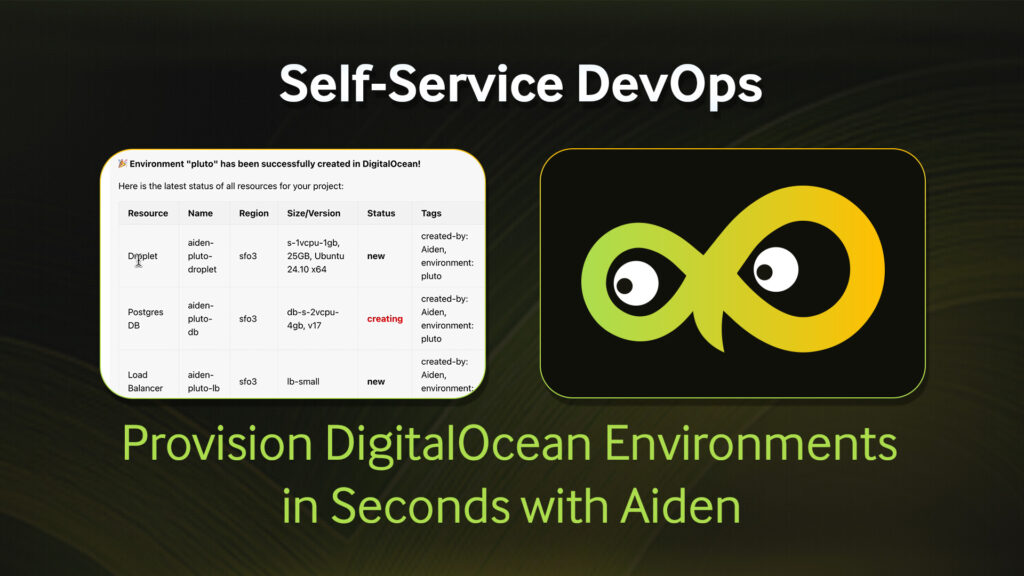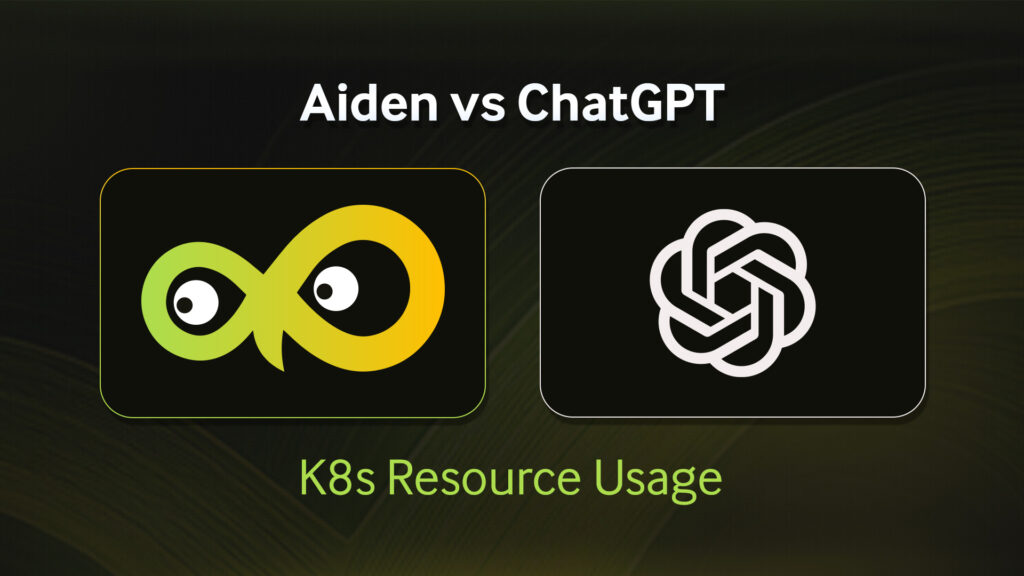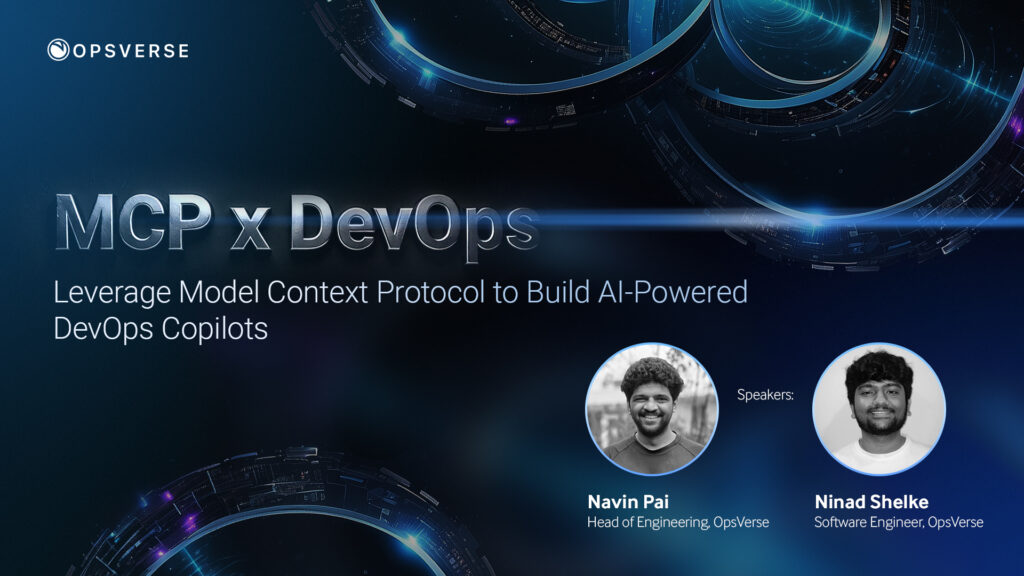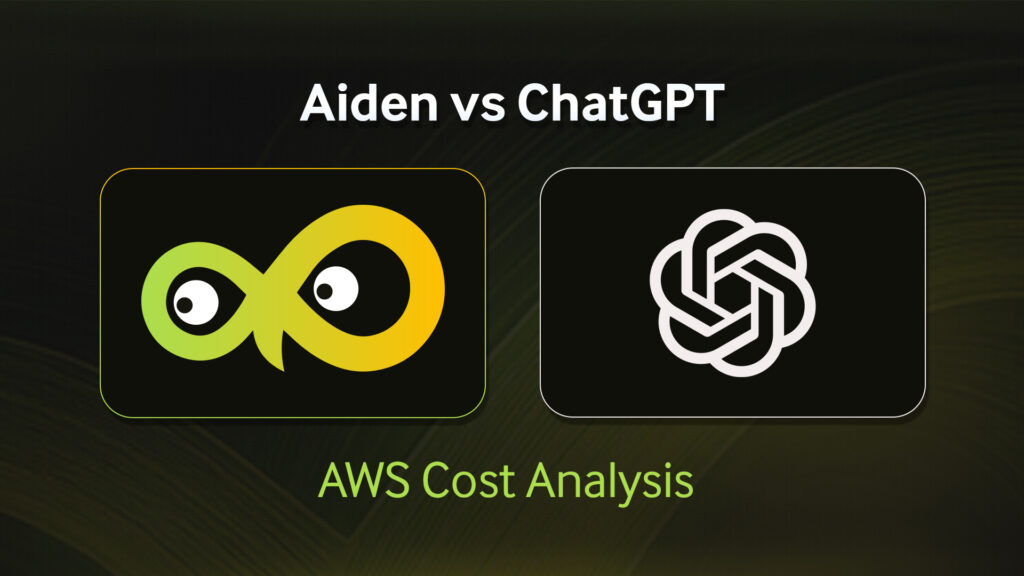As the demands of modern software development continue to grow, so too does the complexity of DevOps. To keep pace, many organizations are turning to AI-powered assistants that help manage infrastructures, streamline pipelines, and automate repetitive tasks. These assistants are known as copilots, and they promise to enhance productivity while reducing operational overhead. But not all of them are created equal. Some are tightly bound to specific toolsets, for example, while others strive for greater flexibility.
In this blog, we’ll explore some of the leading DevOps copilots on the market, focusing primarily on what makes each one unique. We’ll also look at OpsVerse Aiden, the first generic DevOps copilot capable of working with any popular DevOps tool in the world.
DevOps Copilots in the Market Today
First, let’s look at some of the most well-known DevOps copilots available right now:
1. GitHub Copilot for DevOps
Originally launched as a tool for developers, GitHub Copilot, powered by OpenAI, has expanded its features to support DevOps functions. Integrated deeply with the GitHub ecosystem, it helps DevOps teams automate parts of their CI/CD pipelines, suggest code snippets, and even monitor pull requests for best practices.
However, GitHub Copilot’s primary limitation is that it works best within the GitHub environment only. If your team relies on GitHub Actions, the copilot works smoothly, but for those using other tools like Jenkins, CircleCI, or GitLab, integration becomes challenging.
2. AWS CodeGuru
AWS CodeGuru focuses on code quality and security improvements, using AI to recommend fixes and optimizations. It is closely integrated with AWS services, making it a strong choice for teams already heavily invested in the AWS ecosystem. CodeGuru also extends to infrastructure by providing recommendations for managing AWS resources more efficiently.
While powerful, AWS CodeGuru is highly specialized for AWS environments. Its utility drops significantly for organizations using multi-cloud architectures or non-AWS services.
3. Google Cloud’s AI-Driven Operations Tools
Google Cloud’s AI-driven operations tools include Error Reporting, Cloud Monitoring, and Recommendations AI. These tools use AI to help identify and resolve issues in Google Cloud-based environments. They can predict system failures, optimize costs, and suggest best practices for running workloads on Google Cloud infrastructure.
However, these tools are tied directly to Google Cloud, and while they offer high value for Google Cloud users, their benefits don’t extend far beyond that ecosystem.
4. Microsoft Azure DevOps Copilot
Microsoft’s Azure DevOps Copilot integrates with Azure DevOps services, providing intelligent recommendations for infrastructure management, incident response, and continuous deployment. It offers deep insights into pipeline performance, helping teams optimize resources and reduce operational costs. However, like other cloud provider tools, Azure’s DevOps Copilot is primarily designed for those committed to the Azure stack.
5. Kubiya: ChatOps for DevOps
Kubiya offers a ChatOps-based copilot that integrates seamlessly with tools like Slack and Microsoft Teams. Kubiya’s AI leverages conversational interfaces to help DevOps teams automate routine tasks such as running CI/CD pipelines, monitoring infrastructures, and managing cloud services. By embedding within team communication tools, Kubiya helps streamline workflows and reduce time spent on manual operations, making it a great option for teams that prioritize collaboration.
However, Kubiya’s focus on ChatOps means its strengths lie in interactive task automation rather than comprehensive cross-tool integration, which might limit its utility for teams looking for deep automation and insights beyond conversational interfaces.
Introducing OpsVerse Aiden: The First Generic DevOps Copilot
While all the copilots mentioned above bring value to specific ecosystems, there’s a growing need for a more versatile solution — one that isn’t restricted by a particular set of tools or cloud provider. Enter OpsVerse Aiden: the first generic DevOps copilot capable of integrating with any popular DevOps toolset across the globe.
What Makes Aiden Different?
Unlike other DevOps copilots that work only with their own tools or cloud platforms, Aiden is designed to work with the tools you already use. Whether your stack includes Grafana, Prometheus, Jenkins, CircleCI, or any other combination of open-source or proprietary tools, Aiden can plug right in and deliver value without requiring you to change your entire infrastructure.
Here’s what sets Aiden apart:
1. Tool-Agnostic Architecture
Aiden isn’t bound to any specific cloud or toolset. Whether you use AWS, Google Cloud, Azure, or a hybrid environment, Aiden can integrate seamlessly with your existing DevOps pipeline. Its tool-agnostic architecture means Aiden works with any stack — from monitoring with Grafana and Prometheus to CI/CD management with Jenkins or GitLab.
With Aiden, you aren’t locked into any specific vendor’s ecosystem. This flexibility allows Aiden to support multi-cloud and hybrid cloud setups better than any other copilot on the market.
2. Unified Observability Across All Tools
One of the biggest pain points in DevOps is tool sprawl. Most teams use a mix of tools that don’t always play nicely together. Aiden excels by pulling together insights from diverse tools like Loki for logging, Prometheus for metrics, and Jaeger for tracing into a single pane of glass. This unified observability ensures that teams don’t need to jump between dashboards to get the full picture.
Moreover, Aiden can take automated actions based on cross-tool insights, making decisions that are faster and smarter than a team that’s siloed by tool constraints.
3. Proactive and Automated Incident Response
Many DevOps copilots can alert you to issues, but Aiden goes further by taking proactive actions when problems arise. If Prometheus flags a spike in CPU usage, for example, Aiden can immediately begin scaling your infrastructure or optimizing services without waiting for human intervention. And because it works across your entire stack, it can correlate data from multiple tools to better pinpoint root causes and suggest tailored fixes.
4. Customizable for Your Environment
While other copilots may offer one-size-fits-all solutions, Aiden is designed to be highly customizable. It learns from your specific environment, tuning itself to the unique needs of your team. As it interacts with your tools, Aiden continuously improves its recommendations and actions, providing more value over time.
This adaptive nature makes Aiden ideal for teams with diverse pipelines or those scaling quickly and needing a solution that evolves alongside them.
5. LLM-Powered Intelligence and Private SaaS Deployment
Aiden’s Large Language Model (LLM) options allow it to understand and interact with your environment in a conversational way, making it easier for teams to issue commands, receive insights, and automate workflows. Aiden uses advanced LLMs to interpret complex queries and offer intelligent solutions based on historical data, logs, and real-time metrics.

